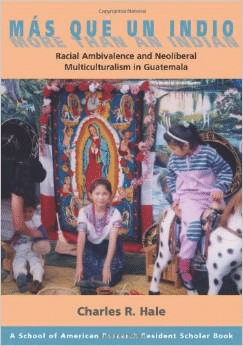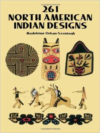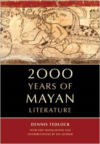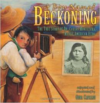Description
Two decades ago, mas que un indio (more than an Indian) expressed a commonsense prescription for upward mobility in a racist society: To better themselves, Indians had to abandon their culture. Ironically, today it captures the predicament of ladinos, members of Guatemala’s dominant culture. In the 1990s, Maya people succeeded in gaining broad recognition of their cultural rights during the same time that neoliberal economic reforms carried the day. The resulting neoliberal multiculturalism has opened important spaces for indigenous empowerment while recreating Guatemala’s racial hierarchy. Provincial ladinos show growing respect for indigenous culture and support for equality while harboring deep anxieties about the prospect of Maya ascendancy. This racial ambivalence embodies a desire to be free of racism without ceasing to benefit from ingrained racial privilege, from being mas que un indio. This deeply and sensitively researched study highlights the contradictions of anti-racist politics and the limits of multiculturalism in Guatemala and, by implication, other countries in the midst of similar reform projects.






Reviews
There are no reviews yet.